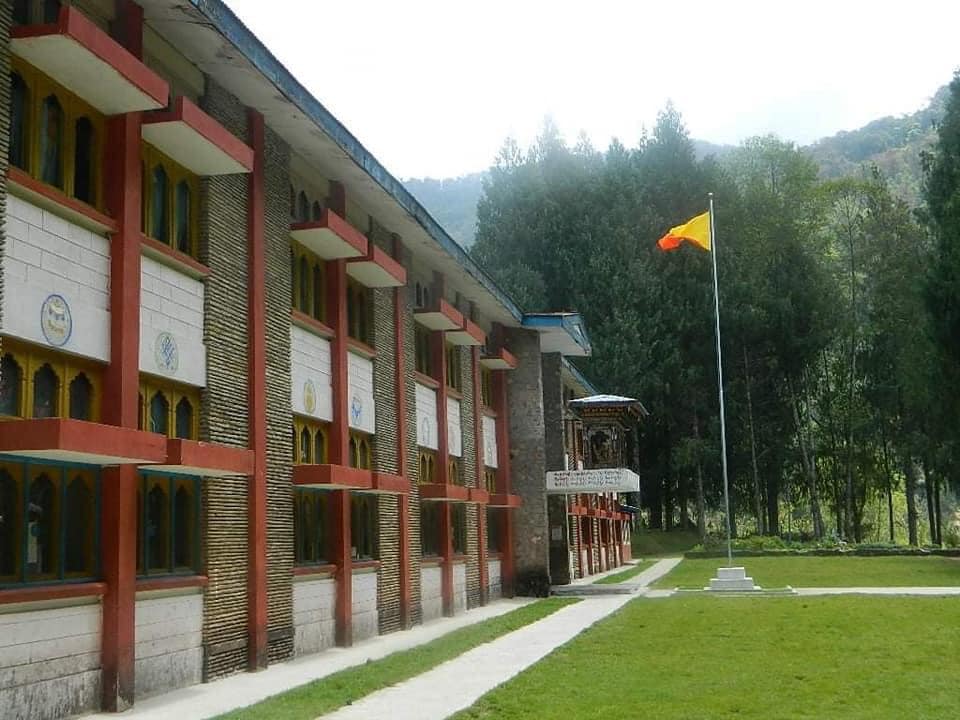Bhutan closely observed the Goods and Services Tax (GST) imposed by India starting July 8, a landmark tax reform by the Indian government, since it would definitely be affected by this gargantuan move within its largest trading partner.
However, a week after GST was introduced; Bhutan still does not seem to be very sure about the economic ripples the GST would set in motion at the local as well as the national level.
The general public from business community to ordinary office goers seems to have only a vague idea of what GST would mean for Bhutan in the long and short term.
For the business people, the prime reason for nonchalance is that most of the dealers still have old unsold stocks in the stores. With not much new stocks arriving in the country, prices of goods and services have remained almost the same. New prices will be defined only when new consignments arrive. These traders till now have complied with the old tax system and the new tax reform is alien to them.
While the prices of some goods are expected to rise, the others are expected to decrease based upon the tax weightage.
Prices of some essential commodities will fall, while those of certain luxury items will rise. But again, this application is not uniform.
However, the main objective of GST is to reduce tax for the final consumer in the value chain, with taxes adding further up in the chain obliterated.
Most businessmen Business Bhutan talked to said they were confused and unsure of how GST would affect prices in the market. “We cannot say how it will impact prices in the market. Till now we have been selling old stocks at the same rate,” said the Manager of Ugyen and Brother’s Wholesale and Retails, B. B. Gurung.
Until new consignments arrive in the market, traders will have to wait to get familiarized with the new tax system.
Some businessmen though have started researching on possible impact of GST in the market. “We are working to understand GST and its impacts. Right now, we are selling old stocks at the existing market rates,” said a wholesaler.
It is being predicted that it might take a few more months to feel the effects of the GST. Some Indian traders have already resorted to hoarding and possible tax evasion methods.
“The Indian traders used to pay taxes for only half the products, which was not much. But now everything will be tracked and there is limited opportunity to evade tax,” said an Indian businessman who added that the chances are high for prices of goods and services to increase.
Even the automobile agents are dealing with old stocks currently but prices will be changed according to GST implications.
GST on jewelry items has increased to 8%. A jewelry shop owner said that prices will be reset after new products arrive. “It is an alien concept for most of us so we are just waiting and watching,” said Karma Phuntsho of My Handicrafts.
Meanwhile, Deputy Secretary General of Research and Policy Department, Bhutan Chamber of Commerce and Industry, Chandra B. Chhetri, said that the chamber is in the process of conducting studies on the impact of GST in the country.
Commenting that there will be positive impact especially on Bhutanese industries Chandra B. Chettri said: “While for construction sectors, import of raw materials will be cheaper, hiring of services would be expensive for construction industries.”
Economic affairs minister Lekey Dorji said that the Ministry of Finance is working on how GST will impact imports into and exports from Bhutan to India and what the government of Bhutan needs to do so that it will cause minimum impact on the economy and people.
“Relevant stakeholders are being consulted in the process,” said Lyonpo.
Krishna Ghalley with additional reporting by Dechen Dolkar














